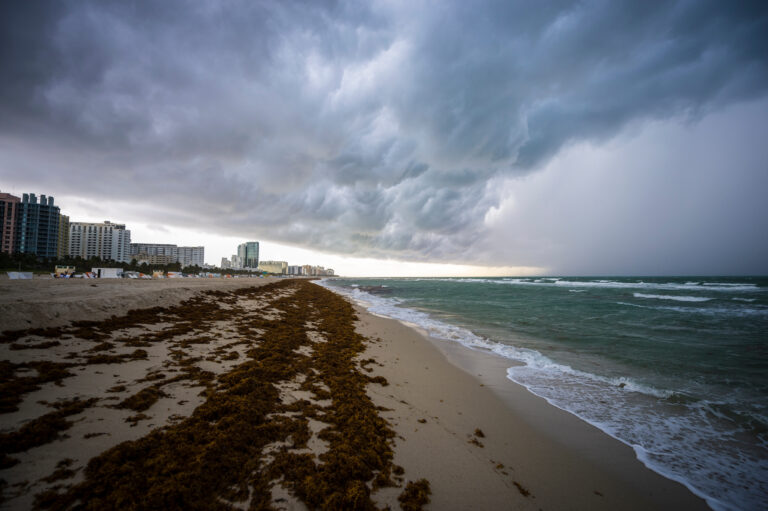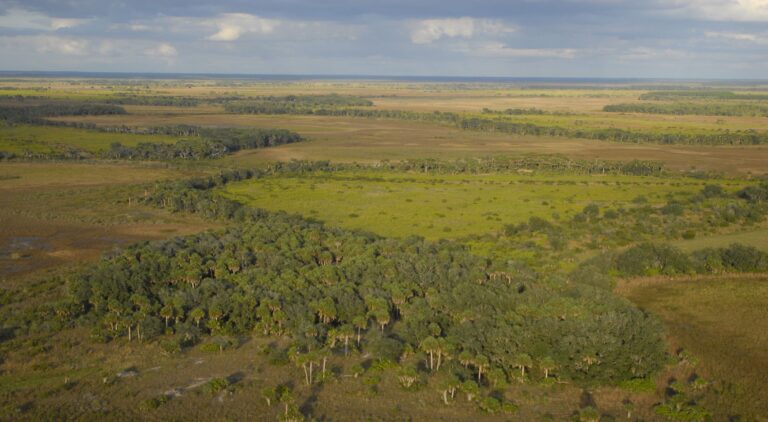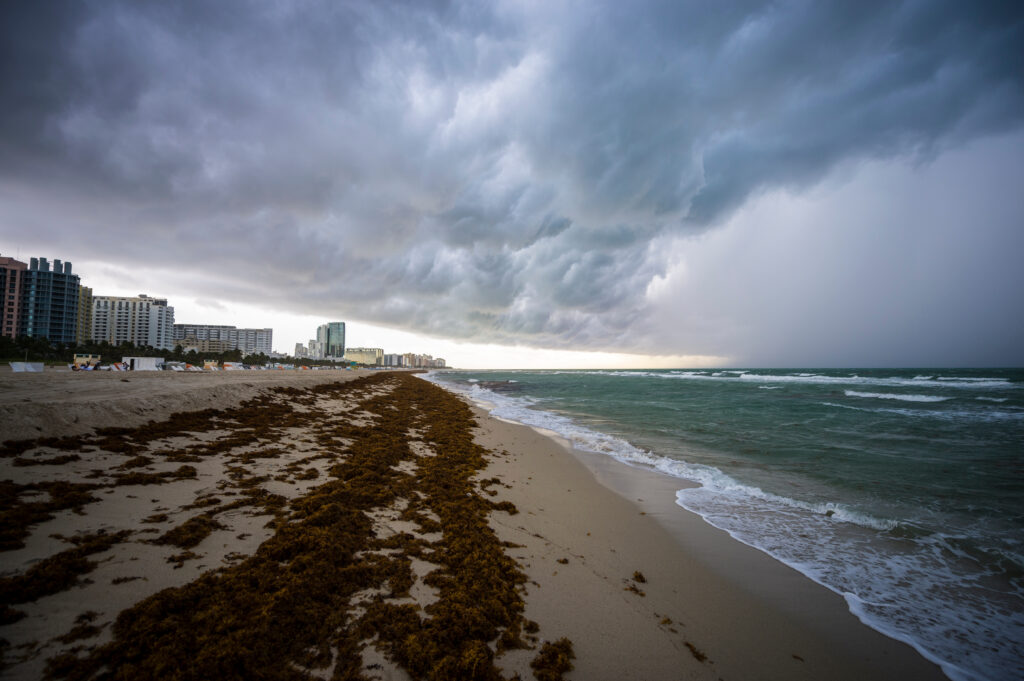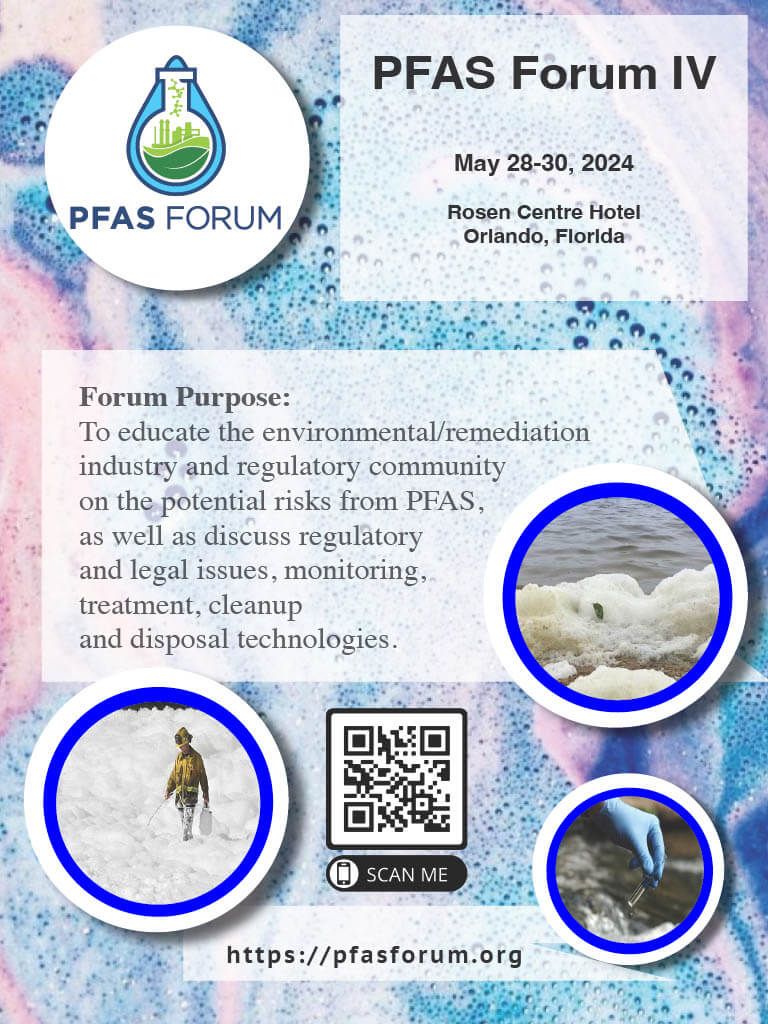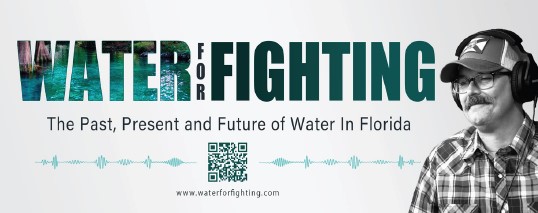By STAFF REPORTS
Per- and polyfluoroalkyl substances (PFAS) continue to dominate environmental discussions due to their persistence in the environment and potential health risks. This article summarizes recent developments at the federal and state levels, as well as notable litigation outcomes.
Federal Regulatory Updates
EPA Reporting Extension
The U.S. Environmental Protection Agency (EPA) has extended the deadline for mandatory PFAS reporting under the Toxic Substances Control Act (TSCA). Initially set to begin on November 12, 2024, the reporting period will now start on July 11, 2025. This extension provides manufacturers and importers of PFAS and PFAS-containing products with additional time to collect and report data on production volumes, uses, and associated hazards. The EPA cited increased agency responsibilities and technical challenges as reasons for the delay. Source: EPA TSCA Updates
States’ Petition for PFAS as Hazardous Air Pollutants
In a notable move, North Carolina, New Jersey, and New Mexico jointly petitioned the EPA to classify key PFAS compounds, including PFOA and PFOS, as hazardous air pollutants under the Clean Air Act. If approved, this would represent a significant step in federal PFAS regulation, enabling tighter controls on PFAS emissions. Source: EPA Clean Air Act Petition Details
State Regulatory Actions
California
The California Office of Environmental Health Hazard Assessment (OEHHA) proposed a notification level for PFHxA in drinking water at 1 part per billion. This threshold aims to inform water consumers when PFHxA concentrations exceed levels deemed safe for daily consumption over a lifetime. Source: OEHHA Proposal
Massachusetts
Massachusetts enacted legislation requiring manufacturers to disclose PFAS content in firefighting personal protective equipment. This law enhances transparency and aims to reduce PFAS exposure among firefighters. Source: Massachusetts Legislative Updates
New Hampshire
New Hampshire’s recent legislative measures include banning the sale of products with added PFAS starting in 2027. Additionally, sellers of real property must disclose PFAS contamination to buyers, fostering greater awareness of potential environmental liabilities. Source: New Hampshire PFAS Laws
Litigation Highlights
Compostable Products Misrepresentation Case
A California federal court allowed a lawsuit to proceed against companies marketing PFAS-containing tableware as “compostable.” Plaintiffs argue that such claims are deceptive, given PFAS’ inability to degrade under composting conditions. The court’s decision highlights growing legal scrutiny of PFAS-related advertising practices. Source: Case Details
Wisconsin PFAS Hazardous Listing Challenge
The Wisconsin Supreme Court will review a ruling that invalidated the state’s listing of PFAS as hazardous substances. This decision could have far-reaching implications for PFAS cleanup and enforcement policies. Source: Wisconsin Court Filings
False Advertising Case Against Sports Drink Maker
In a case involving Prime Hydration sports drinks, a California court dismissed most claims alleging false advertising due to PFAS contamination but allowed a breach of implied warranty claim to proceed. This decision underscores the challenges of litigating PFAS-related consumer protection cases. Source: Case Overview
EPA Lawsuit on PFAS in Biosolids
Farmers from Texas and Maine filed a lawsuit against the EPA, claiming the agency failed to regulate PFAS in biosolids under the Clean Water Act. The EPA moved to dismiss the case, arguing that current law grants the agency discretion in such matters. Source: EPA Legal Proceedings
Florida PFAS Overview
Florida House Bill 1475 (https://www.flsenate.gov/Session/Bill/2022/1475/Analyses/h1475z1.EAF.PDF), enacted in 2022, required the Florida Department of Environmental Protection (FDEP) to adopt statewide standards for PFAS cleanup only if the EPA does not establish federal standards. Following the EPA’s promulgation of federal drinking water standards earlier this year, the FDEP has taken a “wait and see” approach. FDEP is monitoring the legal challenges (https://www.babstcalland.com/news-article/judicial-challenges-to-u-s-epas-pfas-regulations-are-epas-regulations-too-much-too-little-or-just-right/)to the EPA standards and potential policy changes under the new federal administration before taking action.
Conclusion These developments underscore the growing complexity of PFAS regulation and litigation. Environmental professionals in Florida and beyond must stay informed to navigate the evolving legal and regulatory landscape effectively.


